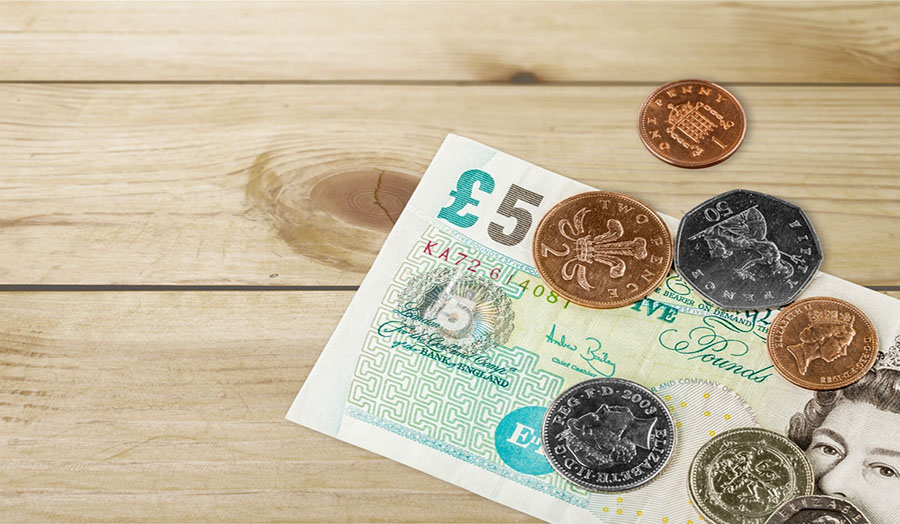One of our students shares her tips on how to save money while studying.
Budgeting your funds to last until the end of the term might be hard, but not impossible if you plan carefully your finances. Tracking how you are spending your money and cutting out the bad habits will help you survive through the academic year without being broke.
As a student myself, I completely understand how difficult it could be to manage your budget. London is an expensive city, but if you are determined then you'll find loads of ways to save money and at the same time enjoy life. Here, I would like to share some tips with you that I have learned from my own experience:
- Transport in London is costly, but obtaining a student Oyster card will reduce your travel costs by 30%. You can also consider cycling – it is a convenient way of going around, saving you money on public transport and the gym.
- When intending to go home or go on holiday, plan your journey in advance. Leave enough time to book your tickets, so you can take advantage of cheaper fares or special offers.
- Wondering what to do in your spare time? Explore London and improve your social life by attending free events (concerts, festivals and exhibitions) or visiting museums, galleries and popular tourist attractions with free entry. Believe me, these are amazing opportunities to have a nice time out with your friends!
- Most of the time, buying new books is rarely worth it, especially when you can get a bargain on Ebay or Amazon, where people sell their old textbooks. However, using the library is what my tutors advise us to do. You can either borrow the books you need from London Met’s library or check if they are available as ebooks on the library’s website.
- Try to plan your meals for the week in advance. So when you go to the supermarket, you'll have a list of the products you need and will be less tempted to add random and unnecessary items to your trolley. Doing your food shopping online is even better.
- If you haven’t considered cooking at home before, it's probably a good time to start. Soon, you'll find out that it's much more economical and practical than eating out or buying takeaway food.
- Make your own lunch and coffee at home to bring with you to class. Buying ready-to-eat meals is quite pricey and most of the time it's not half as healthy and delicious as home-prepared food.
- If you have a NUS card (it costs about £12 to obtain one) you can get discounts on cinema tickets, restaurants, clothes and so on.
- When you want to have a night out, check in advance the places that have student discounts and offers.
- Partying is generally an integral part of student life. However, you don’t need to drain your bank account in pubs or clubs every week. The University quite often organises different types of events where students can socialise with each other, so don’t forget to check what's on regularly. You could also invite friends over to your house and still have good times together.
- If you are in full-time education, you can apply for a council tax exemption. You will receive 25% off your bill if you live on your own; or you won’t need to pay it if everyone in your home is a full-time student.
- Find a part-time job to earn some extra cash. You can use this money to cover part of your monthly rent and bills. It might be not too much but enough to help you manage your funds successfully.

